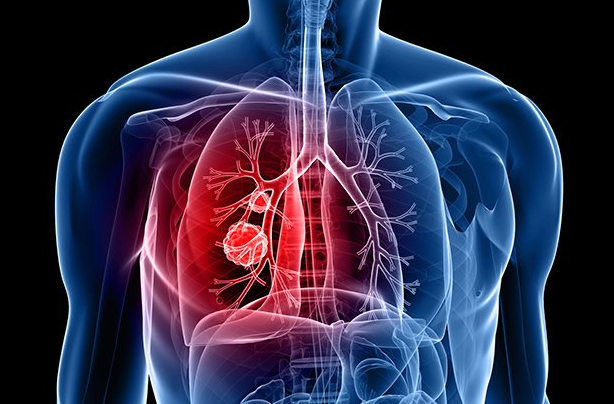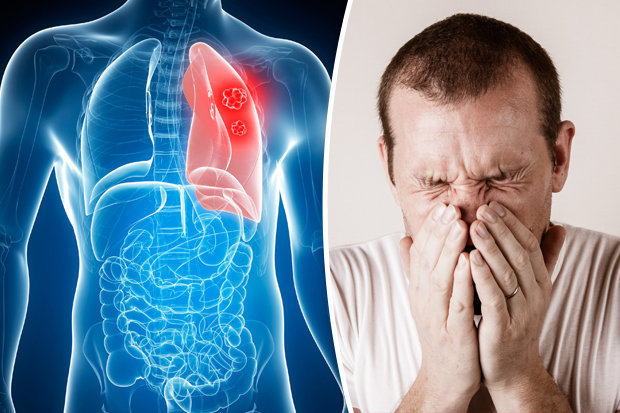How to Prevent Lung Cancer Right Now
Lung cancer is the leading cause of death in both men and women in the US. You may be thinking smoking is the number one reason for getting this disease, but lung cancer in never smokers is the 6th leading cause of cancer-related deaths.
Here are the top 3 ways that can help reduce lung cancer deaths today aside from smoking cessation.

Remember that lung cancer isn’t always related to smoking
It is true that smoking is responsible for many lung cancers, but even if smoking were eliminated today entirely, we would still have lung cancer deaths. Even among smokers there are additional factors that increase the chance of developing lung cancer. That’s why it’s important to continue to look for other causes and find the risk factors in order to help people lower their risk of lung cancer.
Go for lung cancer screening
Whether you’re a smoker or not, make sure to go for lung cancer screening tests. Here you can find if you are eligible for the screening. Testing is recommended for:
- People between the ages of 55 and 80
- People who continue to smoke or have quit smoking in the past 15 years
- People who have smoked a total of 30 pack-years or more
- People who could tolerate surgery if an early lung cancer is found
Know the symptoms of lung cancer, even if you aren’t a smoker
The best way to reduce the risk of lung cancer is to learn the early signs and symptoms of the disease. Even though most people are familiar with the most common symptoms of lung cancer, most cannot name the top three symptoms. This is because the most common types of lung cancer have been changing in recent years, and with that, the symptoms.

Here are the most common early signs and symptoms of lung cancer:
- Shortness of breath
- A persistent cough
- Coughing up blood
- Recurrent infections such as bronchitis or pneumonia
- Hoarseness
- Wheezing
- Unintentional weight loss
- Chest pain
- Back pain
- Shoulder pain
There are other symptoms which are fairly common as well, such as fatigue, blood clots in the legs (deep vein thrombosis), and even depression.
